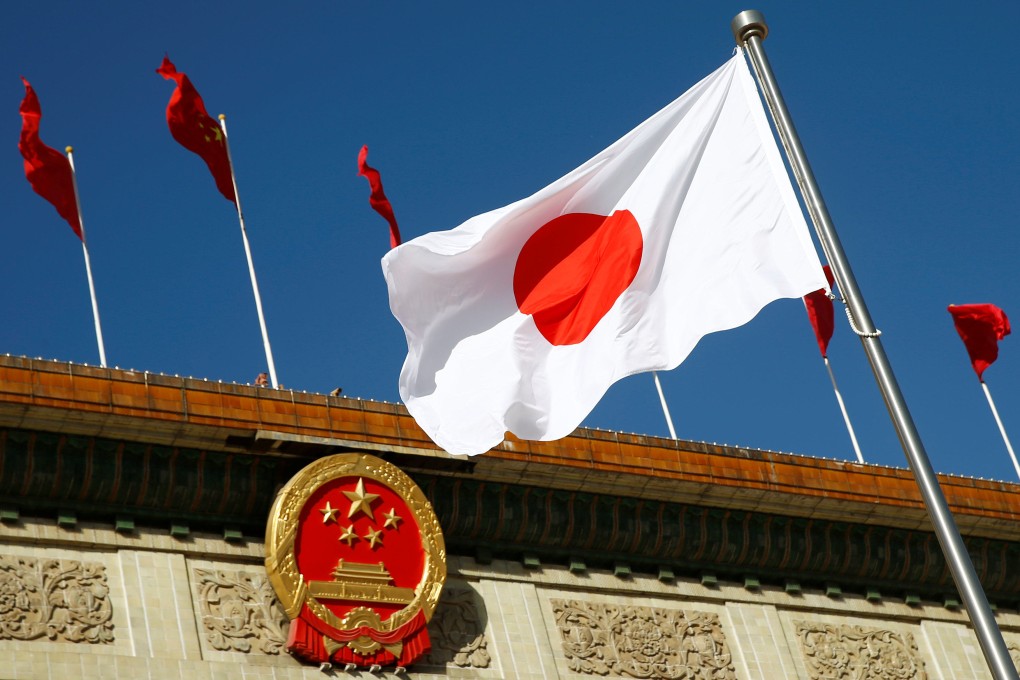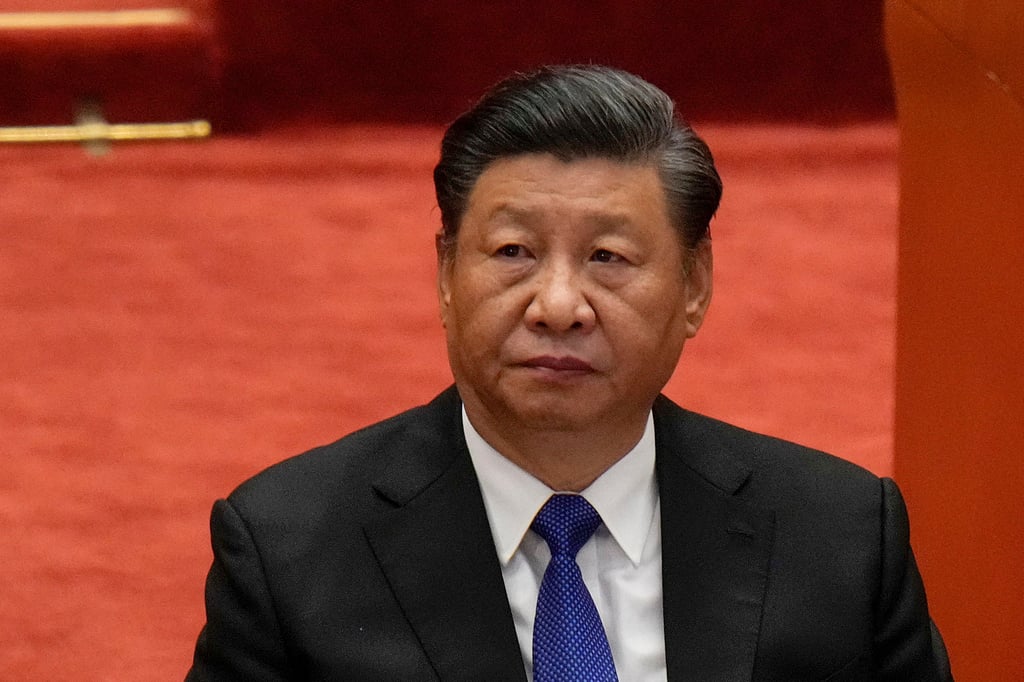Advertisement
China calls on Japan to ‘properly manage conflicts’ as they mark 50 years of ties
- Chinese President Xi Jinping and Premier Li Keqiang exchange congratulatory letters with Japanese Prime Minister Fumio Kishida
- But they didn’t attend receptions in Beijing and Tokyo on the anniversary, at a time when the relationship has grown more adversarial
Reading Time:3 minutes
Why you can trust SCMP
11

Beijing urged Tokyo to “properly manage” their feud and aim for “peaceful and friendly coexistence”, as the Asian rivals marked 50 years of diplomatic ties.
It comes as the relationship has grown more adversarial amid heightened tensions in the Taiwan Strait and the US-China divide, on top of their territorial disputes and wartime history.
Chinese President Xi Jinping and Premier Li Keqiang exchanged congratulatory letters with Japan’s Prime Minister Fumio Kishida, but they did not attend receptions in Beijing and Tokyo to mark the anniversary on Thursday.
Advertisement
Chinese Foreign Minister Wang Yi was not at the event in Beijing, even virtually, according to several people who were there. Meanwhile, his Japanese counterpart Yoshimasa Hayashi attended the Tokyo reception hosted by the Japan Business Federation, known as Keidanren.

In his message to Kishida, Xi said he attached “great importance” to ties with Tokyo and that Beijing was willing to work with Japan’s leaders to build a bilateral relationship that “meets the requirements of the new era”, according to state news agency Xinhua.
Advertisement
Advertisement
Select Voice
Select Speed
1.00x